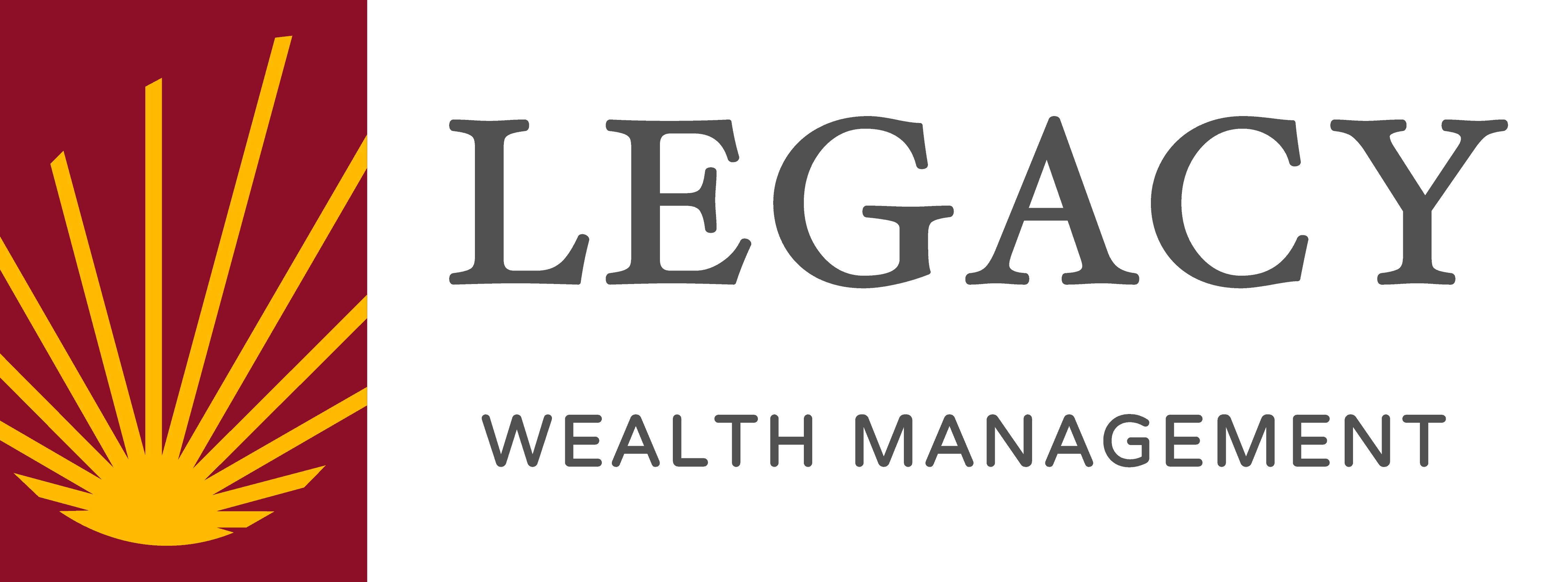Why is making an estate strategy an act of love for your family?
Creating an estate strategy is about preparing for the expected—what will happen when you pass—but it’s also about the unexpected. What will happen if you’re in a sudden accident or medical emergency?
It’s also about more than your financial assets. Often, people don’t prioritize an estate strategy because they think they don’t have enough financial assets for it to make sense. But even people who are single, don’t have children, or don’t own a home should consider estate management.
Some estate documents are designed to help bring clarity to your loved ones when you’re unable to express your wishes yourself. Here are some documents that might help:
- Guiding your loved ones through difficult medical decisions: Having documents in place that lay out your wishes can be seen as an act of love because it removes some of the burden from your loved ones. Your loved ones may find it heart-wrenching to guess what medical treatments you would have wanted, how many compromises you would have made to your quality of life, and when you would have made the hard decisions about ending life-sustaining treatments.
- Helping loved ones understand your vision for financial assets: It’s not only about your wishes. Making your intentions clear can help your family understand why you want certain financial assets to be handled in a specific way. For example, there may be valid reasons for giving certain assets to certain family members while designating others for charities.
- Detailing custody or guardianship of dependents: Protect those who depend on you, like minor children or beneficiaries with special needs. Consider who would care for their emotional and financial well-being if you were no longer around.
- Non-financial assets: Maybe you have important things in your home that aren’t necessarily worth a lot, like sentimental artifacts or family heirlooms. Those in charge of your estate may not know that, so you may want to outline for them if you want heirlooms to stay in the family rather than being sold or donated. A letter of instruction can provide insights regarding non-financial assets.
- Providing access to digital tools: Most people have a number of digital tools, like photos uploaded to a cloud filing system or social media profiles. Your loved ones may not even know what tools you have, but even if they do, your estate strategy can grant them access.
- What about pets? If you have pets, create specific instructions for how they should be cared for. You can stipulate who you want to take custody of your pets and make financial arrangements for any medical treatments or other costs they may incur.
- Providing your loved ones a road map: An estate strategy can also outline what assets you have and where to find them. Think about whether your loved ones even know what your bank or financial institutions are. Will they know if you have a safe deposit box or how to access it? Leaving this information behind will save them from having to spend time tracking it all down, which will be tough when they’re grieving.
Even if you think you don’t have enough financial assets, creating an estate strategy can still be beneficial for you and your loved ones.
We’re available to discuss what’s most important to you and your legacy and how to get started with your estate strategy!
The information given herein is taken from sources that IFP Advisors, LLC, dba Independent Financial Partners (IFP), IFP Securities LLC, dba Independent Financial Partners (IFP), and its advisors believe to be reliable, but it is not guaranteed by us as to accuracy or completeness. This is for informational purposes only and in no event should be construed as an offer to sell or solicitation of an offer to buy any securities or products. Please consult your tax and/or legal advisor before implementing any tax and/or legal related strategies mentioned in this publication as IFP does not provide tax and/or legal advice. Opinions expressed are subject to change without notice and do not take into account the particular investment objectives, financial situation, or needs of individual investors. This report may not be reproduced, distributed, or published by any person for any purpose without IFP’s express prior written consent.
*Please consult your tax and/or legal advisor before implementing any tax and/or legal related strategies mentioned in this publication as IFP does not provide tax and/or legal advice.
Securities offered through IFP Securities, LLC, dba Independent Financial Partners (IFP), member FINRA/SIPC. Investment advice offered through IFP Advisors, LLC, dba Independent Financial Partners (IFP), a Registered Investment Advisor. IFP and [Legacy Wealth Management] are not affiliated. The information contained in this message may be CONFIDENTIAL and is for the intended addressee only. Any unauthorized use, dissemination of the information or copying of this message is prohibited. If you are not the intended addressee, please notify the sender immediately and delete this message. You are hereby advised that there is a risk in sending any unsecured personally identifiable information via email, including the risk of fraud by a third party who could gain access to your information and use it. All such emails should either have end-to-end encryption or you should refrain from sending personally identifiable information via email.






